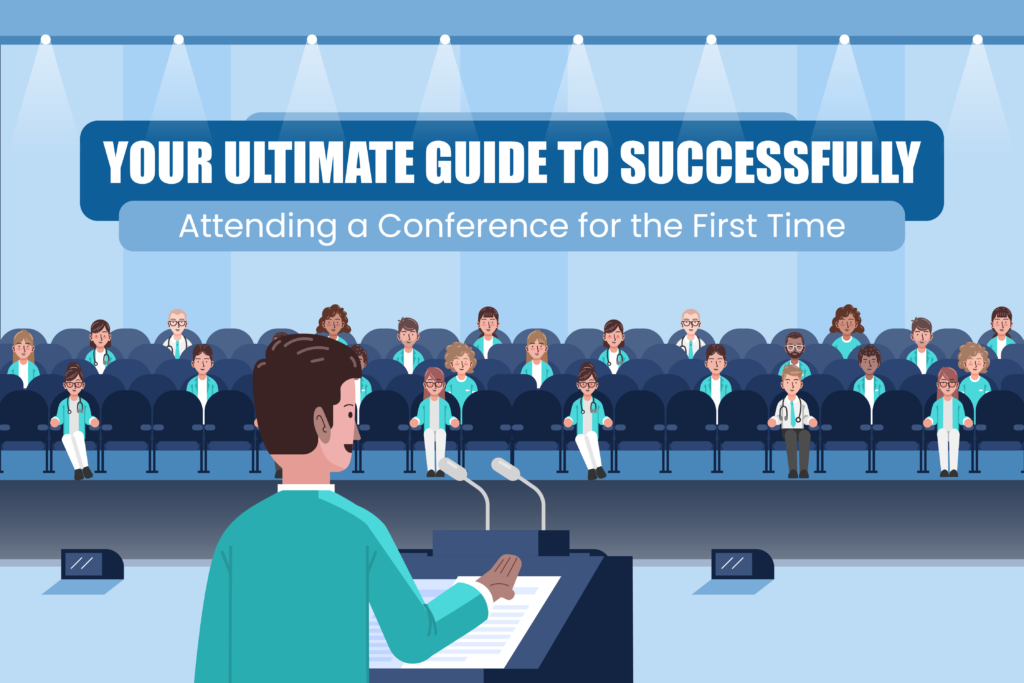
Attending a conference for the first time can be fruitful for attendees as it offers numerous opportunities for professional growth. These include learning, networking, exposure to new perspectives, and access to valuable resources. You can expand your knowledge, connect with like-minded professionals, and stay ahead in your industry. Make the most of these experiences to propel your career forward. The conference environment offers a dynamic platform to connect, learn, and grow.
Investing time and resources in attending in-person or virtual conferences can significantly contribute to long-term professional success. Attending your first conference can be overwhelming.
We are here to restate your anxieties and provide a comprehensive guide to attending your first corporate or academic conferences. With proper planning, active engagement, and a positive attitude, you can make the most of this experience and establish valuable connections for your professional growth.
You can also read 10 Reasons Why Attending Conferences Benefits B2B Event Marketers for a wider perspective on the subject.
Tips for Attending a Conference For the First Time
There is much to conceive and learn by attending a conference, regardless of whether you are a student, intern, mentor, or have switched careers. Here are some essential tips and strategies for first-time conference attendees to have a successful experience:
Pre-conference Preparation:
Here are a few important tips and strategies to follow before the conference.
1. Researching the Conference
Researching the conference before attending is crucial. It helps ensure a successful and fulfilling experience. Thorough research on given aspects will help you understand the forum more clearly.
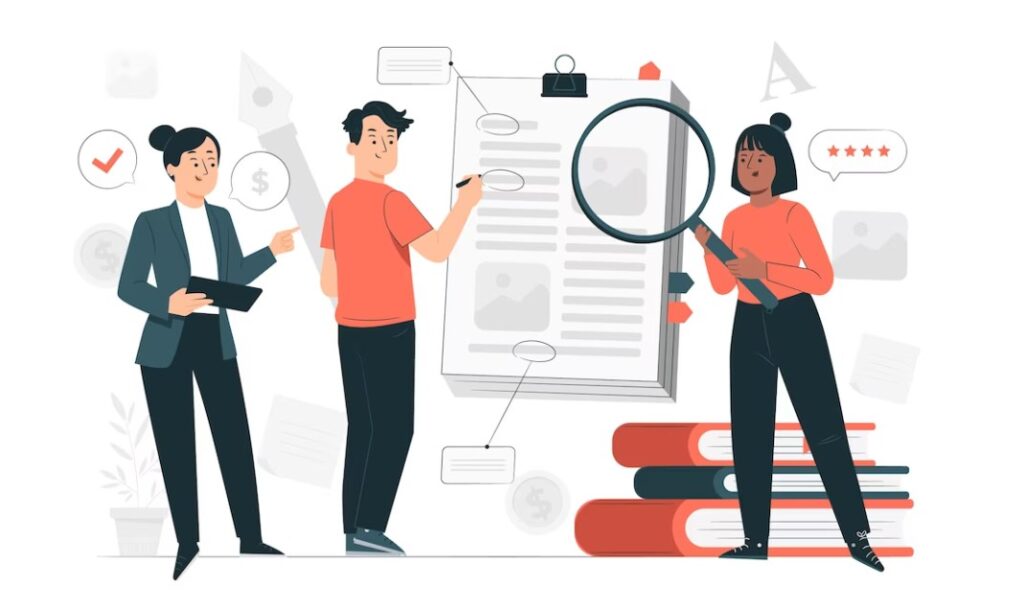
Reviewing the conference agenda and program: The foremost step is understanding the conference’s central theme and purpose. This will help you determine and align with your professional interests and goals.
- Identifying key sessions, speakers, and networking opportunities: To get an overview of the sessions, workshops, keynote speeches, and other activities, you must review the conference agenda. Then, identify the specific sessions most relevant to your interests and prioritize them in your schedule. The next step is to look into the background and expertise of the conference speakers and presenters on an event website. Research their work, accomplishments, and areas of expertise. Doing this will help you gauge their relevance and the value they can bring to the conference.
- Conference resources and materials: Look for any supplementary resources, materials, or pre-conference readings provided by the conference organizers. These resources can escalate your understanding of the conference content and prepare you for specific sessions or workshops. If possible, look for information on previous editions of the conference. Read attendee reviews, testimonials, or blog posts to get insights into their experiences and the value derived from the event. It will provide valuable information on the quality of content, networking opportunities, and overall satisfaction.
2. Setting Goals and Objectives
Setting goals and objectives is crucial in preparing for a conference as a first-time attendee. By setting clear goals and objectives, you can approach the conference with intention and purpose, make prudent decisions, maximize your time and energy, and derive the maximum benefit from your first-time conference attendance.
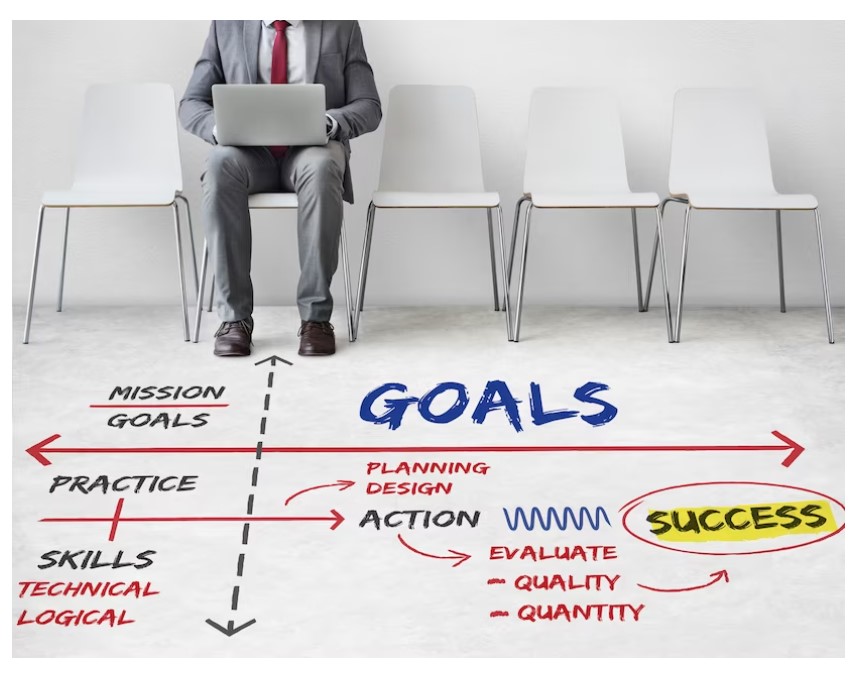
- Defining what you hope to achieve from attending the conference: You should be clear about why you are attending the conference and what you hope to gain from the experience. Do you want to seek knowledge, professional connections, career opportunities, or inspiration? Determine the most important goals you want to achieve during the conference. Focus on key objectives that align with your purpose and are realistic to accomplish within the conference timeframe. Prioritizing your goals will help you stay focused and maximize your conference experience.
- Setting specific networking, learning, and professional development goals: Do not set vague goals like “network with professionals.” Make it straightforward, such as “connect with at least five industry experts during the conference.” Make your goals SMART [Specific, Measurable, Achievable, Relevant, and Time-bound]. Break down your huge goals into smaller ones. For example, if you aim to learn about the latest industry trends, break it down into attending specific sessions, speaking with experts, and taking detailed notes.
- Keep an open mind to unforeseen opportunities: While setting goals is essential, remain open to unexpected new opportunities during the conference. Allow room for serendipitous encounters, impromptu discussions, or last-minute changes in your schedule. Flexibility will enable you to adapt and make the most of unforeseen opportunities contributing to your overall conference experience.
- Track yourself: During the conference, track your progress towards your goals by regularly reviewing your progress and making necessary adjustments. Such self-assessment will help you stay focused, motivated, and accountable.
The knowledge gained, connections made, and experiences acquired will be analyzed at the end of the conference.
3. Logistics and Planning
Careful logistics and planning are essential for a smooth and successful experience after registration, especially if attending the conference for the first time. Planning and considering logistical aspects can minimize potential stress and maximize your first-time conference attendance. Being well-prepared lets you focus on the content, networking opportunities, and overall conference experience.
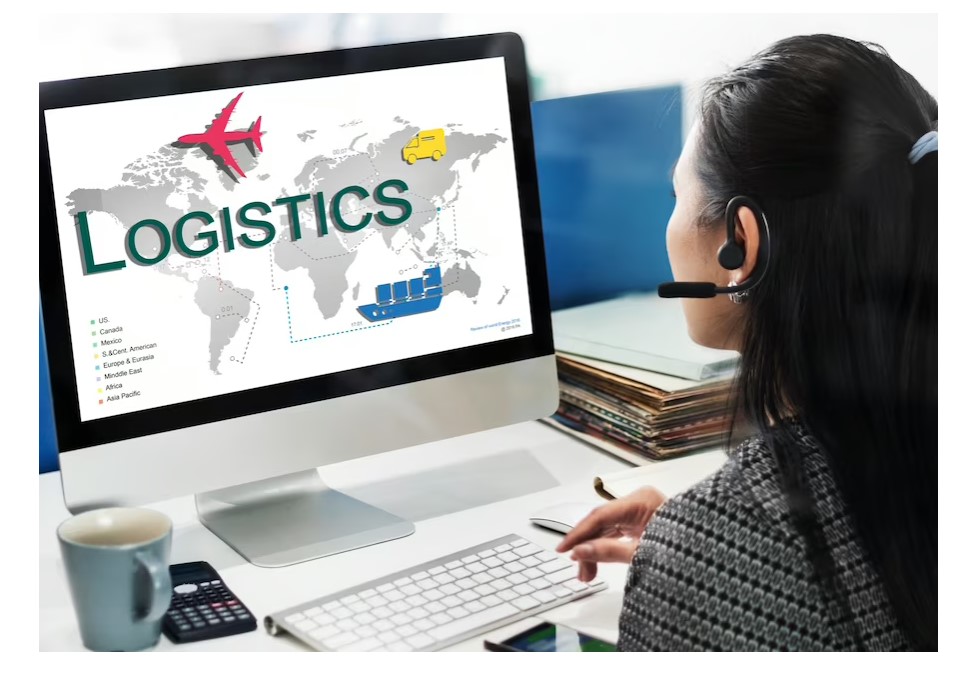
Tips for booking travel and affordable accommodation:
- Explore different transportation options based on your location and budget.
- Compare flight prices, train schedules, or driving distances to determine the most convenient and cost-effective travel method.
- Consider departure/arrival times, layovers, baggage allowances, and convenience.
- Determine how you will travel from the airport or train station to your accommodation and the conference center.
- Research local transportation options such as taxis, ride-share services, public transportation, or hotel shuttles.
- Consider factors like cost, convenience, and estimated travel time.
- Research hotel accommodations near the conference venue or in convenient locations. Consider proximity, safety, comfort, amenities, and budget. Use hotel booking websites or platforms to compare prices, read reviews, and make reservations. If the conference hotel facility is available at reasonable rates, you may book it through the website.
- Check with the conference organizers if they have any recommended hotels or negotiated rates for attendees.
- Once you have identified suitable options, book your accommodation well in advance to secure your preferred choice and take advantage of any early-bird rates. Keep a copy of your reservation confirmation for easy reference during check-in.
- If hotel rooms are outside your budget or you prefer a different experience, explore alternative options such as Airbnb, hostels, or serviced apartments.
Packing Essentials:
When packing for a conference for the first time, it’s important to bring essential items contributing to a smooth and successful experience. Firstly, make a checklist of necessary things. The checklist will help you pack your belongings systematically, and you will find all the vital stuff to carry. Here is a list of packing essentials:
- Carry your required identification documents or badges to access conference sessions and activities.
- Packing a pen, highlighters, and a notepad or notebook to take notes during sessions, workshops, and conversations would be best.
- You can bring your smartphone, tablet, or laptop to stay connected, access event apps, and take digital notes.
- Get a mix of business casual and formal attire depending on the conference’s requirements and social events.
- Dress appropriately for the conference, considering the dress code and the nature of the networking event. For a better understanding, read our article, A Comprehensive Guide On What To Wear To A Conference For Men & Women.
- Comfortable shoes are essential, as conferences often involve significant walking and standing.
- Include personal care items such as tissues, hand sanitizer, breath mints, and pain relievers in case of headaches or other minor discomforts.
- Consider bringing a small travel-sized kit for freshening up during the day.
- It would help to carry a backpack or tote bag that comfortably holds your conference materials, notepads, electronic devices, and other essentials.
- Include other items such as a travel umbrella, sunglasses, a travel adapter, and necessary medications.
- Remember to check the conference’s specific requirements or recommendations regarding what to bring.
- Pack according to your needs and preferences to ensure a comfortable and productive conference experience.
- For deeper insights, read Wondering What To Bring To A Conference? Here are 17 Must-Have Items
4. Networking Strategies
Attending a conference for the first time provides an excellent opportunity to escalate your professional network and make meaningful connections. Here are some networking strategies to maximize your networking efforts at the conference:

- Preparing an elevator pitch: Craft a concise and engaging elevator pitch that describes who you are, what you do, and what value you can bring. Be ready to adapt your pitch based on the context and the person you are speaking with.
- Crafting a concise and engaging introduction: It will help you make a positive impression and confidently initiate conversations. Begin by offering a warm greeting to the person you’re introducing yourself to. State your name clearly and confidently. Share a concise summary of your educational background or any relevant experience related to the event or industry.
For example: “I have recently graduated with a degree in [field] and have been working on projects related to [specific area of interest]. I’m excited to learn from experienced professionals like yourself and expand my network in the industry. Do you have any recommendations on sessions or speakers I should seek? Or any advice for a beginner like me?”
It’s fine to feel nervous or unsure. Networking is about building relationships, so be yourself, show genuine interest in others, and approach conversations with an open mind. With practice and experience, you will become more comfortable and confident in your networking skills.
- Highlighting your skills, interests, and goals: Reflect on your professional background, education, and any specific skills or knowledge you possess. Also, include technical skills, project management abilities, communication skills, or domain-specific knowledge.
Identify the specific topics, trends, or challenges that capture your attention. Then, express your interests during conversations with like-minded individuals. Set specific goals such as learning about emerging trends, networking with industry experts, or finding potential collaboration opportunities.
Communicate your goals when talking with other attendees or speakers. This can lead to more focused and productive discussions and help others understand how they can assist you.
- Approaching and engaging with fellow attendees: Approaching and engaging with fellow attendees at a conference for the first time can be intimidating. However, it’s also a valuable opportunity to expand your network and learn from others.
Maintain an open and friendly body language with a smile. Begin conversations with simple icebreakers, such as commenting on the event, the speaker, or the venue. Ask open-ended questions to encourage discussion and allow the other person to share their thoughts and experiences.
Respect fellow attendees’ time constraints, especially during sessions or busy periods. If someone seems busy or engaged in another conversation, don’t interrupt, but look for an opportunity to connect later.
- Initiating conversations and breaking the ice: Look for similar interests or experiences that can serve as an ice-breaking moment. Pay attention to cues from the other person’s introduction or the conference topics to identify common ground. Discussing mutual interests can foster deeper connections and facilitate more meaningful conversations.
- Active listening and asking thoughtful questions: Show genuine interest in the person you’re speaking with by actively listening to what they say. Ask follow-up questions and provide feedback to demonstrate your engagement. Avoid interrupting or dominating the conversation.
- Be a part of group activities or discussions: Participate in group activities, workshops, or discussion sessions. Engage with others in these settings by actively contributing, sharing insights, and asking questions. These smaller group interactions can lead to more in-depth conversations and connections. If you want to develop skills for expanding your professional network, read How To Network At A Conference: 13 Ways To Build Solid Business Connections.
5). Maximizing Learning Opportunities
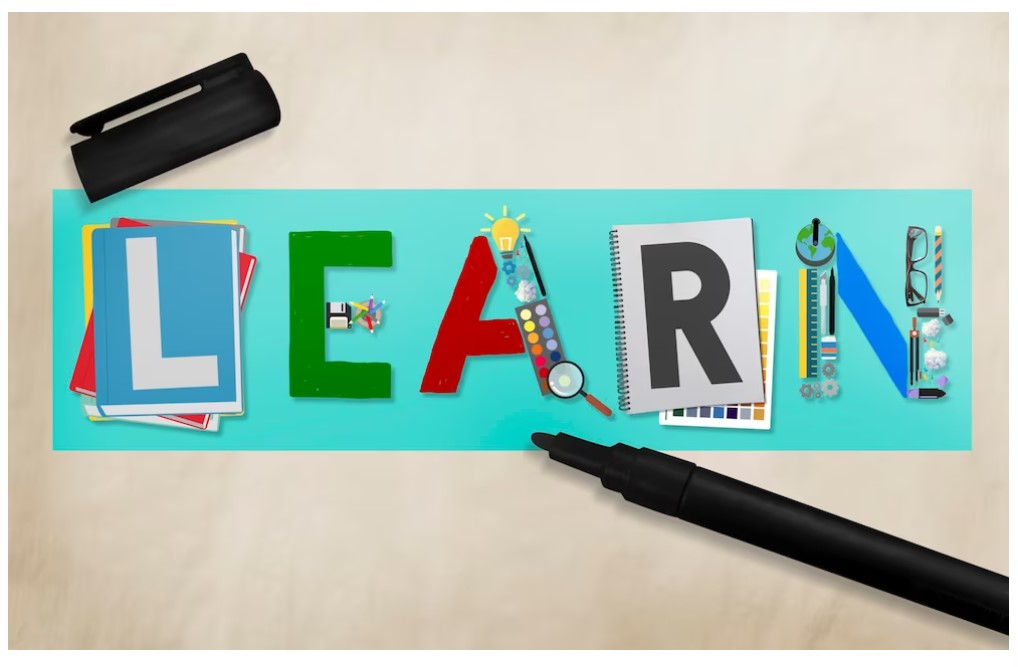
- Choosing sessions strategically: Obtain a copy of the conference program or schedule in advance. Then, review the session descriptions, topics, and speakers. Look for sessions that resonate with your interests, professional goals, and desired skills.
- Identifying sessions aligned with your goals and interests: Identify your main goals for attending the conference. Prioritize sessions that directly align with your goals. Do you want to gain knowledge in a specific area, learn about industry trends, or expand your network? Look for sessions that cater to your skills, whether you’re a beginner or belong to the intermediate or advanced levels. Choose sessions that offer the right level of challenge and job opportunities for growth.
- Diversifying session types (keynotes, panels, workshops, etc.): Explore a mix of session types and formats, such as keynote speeches, panel discussions, workshops, or interactive sessions. Such variety can provide different perspectives and learning experiences.
Look into the background and expertise of the speakers or panelists involved in the sessions. Consider their industry reputation and the relevance of their knowledge to your interests. It can help you choose sessions led by renowned experts or thought leaders in your field. The Gazebo Speaker’s Directory is one platform to connect with more than fifty thousand speakers worldwide.
- Taking effective notes: Taking practical notes while attending a conference for the first time is crucial for retaining information, capturing key insights, and maximizing your learning experience. Note-taking is personal and varies from person to person. Experiment with different techniques and find a method that suits your learning style and preferences. The goal is to capture the essential information while staying engaged and present during the conference sessions.
- Utilizing different note-taking techniques: Different note-taking techniques can help you capture information effectively and cater to various learning styles. Here are some note-taking methods you can try:
- Use traditional writing notes. You can write information in a sequential and linear format.
- Use mind maps for visual representations of concepts and ideas. You can start with a central topic or theme and branch out with related subtopics. Use colors, symbols, and images to make connections between different ideas.
- Cornell Method: Here, the page is divided into three sections: a narrow left-hand column, a wider right-hand column, and a bottom section. In the central right-hand column, jot down key points and ideas. Use the left-hand column for cues or prompts summarizing or highlighting the main points. The bottom section can be used to translate the session or write down questions or reflections.
- Concept maps are similar to mind maps but focus on organizing complex relationships between ideas or concepts. They indicate the relationship between the concepts using labels or brief descriptions.
- Visual sketching techniques: Create visual representations of concepts, processes, or relationships discussed during the sessions.
- Use highlighters or colored pens/pencils to emphasize key points or sections in your notes.
- Draw diagrams, charts, or graphs and annotate them with additional details or explanations.
- Record important segments of the sessions to refer to later. Ensure you have permission to record and respect privacy guidelines.
- Use sticky tabs to mark important sections or key pages in your notebook or program.
- Capturing key points and actionable insights: If allowed, you can use audio or digital recordings to complement your note-taking. Take digital notes throughout key sessions so that you may review them afterward. Make sure you have permission before recording, and follow privacy policies.
6.) Managing Conference Overwhelm:
It’s normal to feel overwhelmed during a conference. Implementing the following strategies can help you navigate the overwhelming aspects of the event and create a more enjoyable and productive experience for yourself.
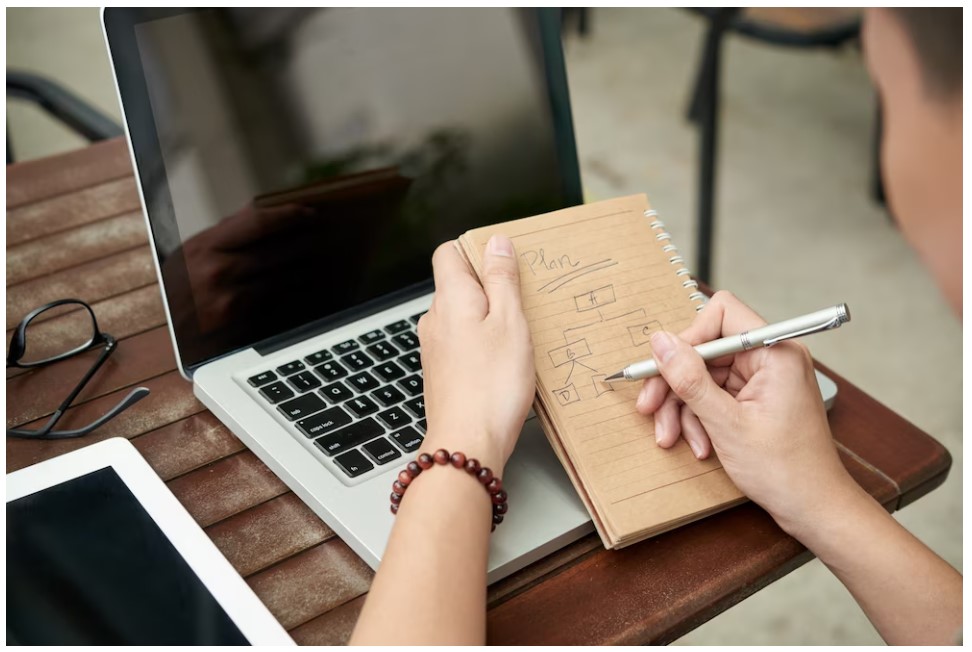
Here are some strategies to help you navigate and reduce overwhelm:
- Creating a personalized schedule: Recognize that attending every session or event is impossible. Prioritize the sessions that align with your goals and interests. Accept that you cannot do everything and focus on quality over quantity.
- Prioritizing sessions and activities: Avoid overbooking your schedule and rushing from session to session. Allow buffer time between sessions to digest information, process insights, and prepare for the next session. Give yourself time to explore the exhibition area or engage in informal networking.
- Allowing for breaks and downtime: Conference days can be long and exhausting. Allow yourself to take breaks throughout the day to rest, recharge, and reflect on what you’ve learned. Find a quiet corner or designated relaxation area to take a few moments for yourself.
- Avoiding information overload: Effective note-taking helps consolidate information and reduces the fear of missing important information. Capture key points, insights, and action items during sessions and avoid irrelevant or less important information. If you try to capture every piece of information given at the event, you will naturally miss the other important points. Hence, prioritize what is relevant and worthy of being noted. Review your notes at the end of each day to reinforce learning and prevent information overload.
- Focus on quality over quantity: Instead of attending as many sessions as possible, focus on quality experiences. This will deepen your learning, build meaningful connections, and maximize your time at the conference. Quality experiences often have a more lasting impact on your professional growth. While focusing on quality, remain open to serendipitous opportunities that may arise. Allow for spontaneous interactions, impromptu sessions, or unexpected encounters that can provide unique and valuable experiences.
- Processing and reflecting on the gained knowledge: At the end of each day or the conference, reflect on your experiences and what you’ve learned. Review your notes, identify key takeaways, and think about how to apply the knowledge gained.
- Self-care: Attendees often neglect self-care during conferences. Prioritize your well-being by getting enough sleep, exercising, and getting involved in activities that help you relax and de-stress.
Post-Conference Follow-Up
Several important post-conference tasks exist after attending a conference for the first time. Please make the most of your experience and maximize its impact on your professional growth. The post-conference phase is just as important as the conference itself. You need to solidify your learning, build on the connections you made, and continue to leverage the conference experience for your professional development.
1. Note Down Takeaways
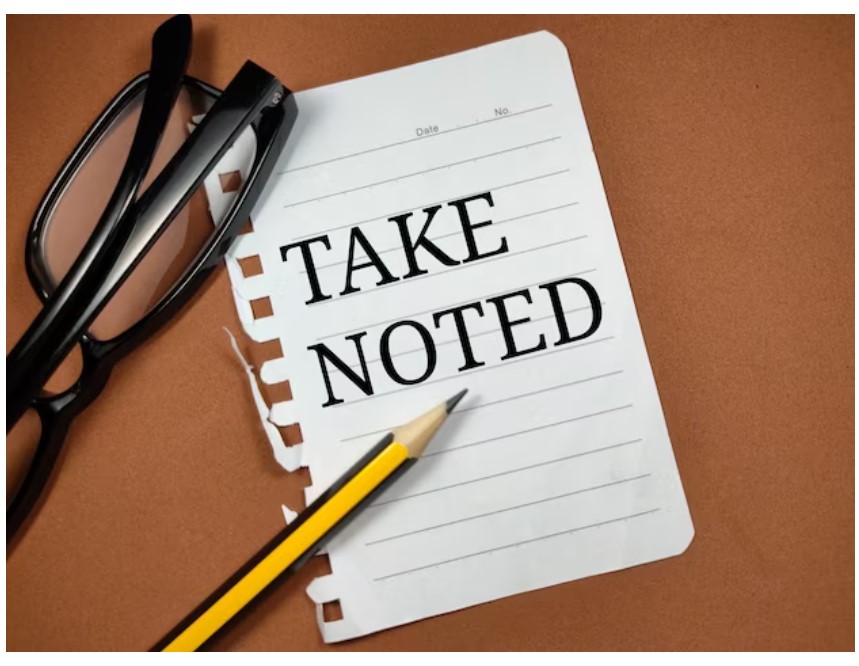
Review and organize your notes from the conference. Consolidate key insights, action items, and any additional thoughts or reflections. This will help reinforce your learning and make it easier to reference information later.
2. Share it on Social Media
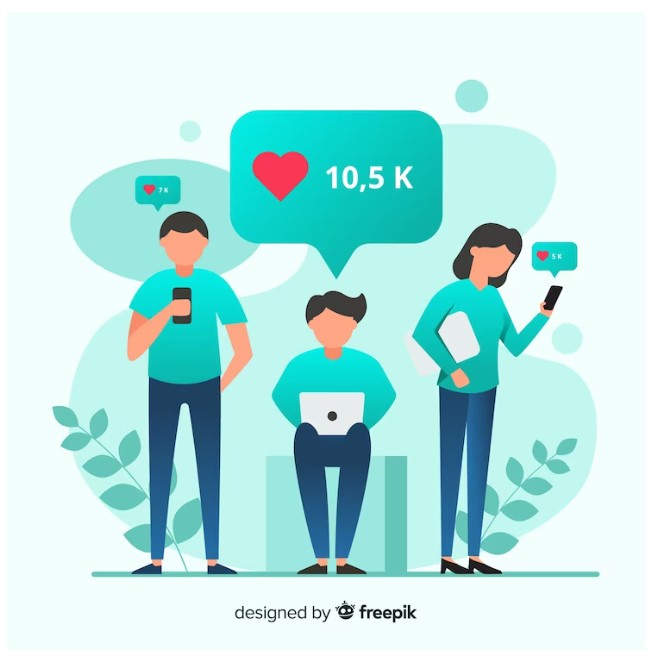
Use social media to share your conference experience and key takeaways with your colleagues, team members, or professional networks. Create a post, story, reel, or blog post highlighting the most valuable insights and how they relate to your field or industry. You can also use the conference app to review or share your experience and remain updated for upcoming events.
3. Make Sure to Follow up
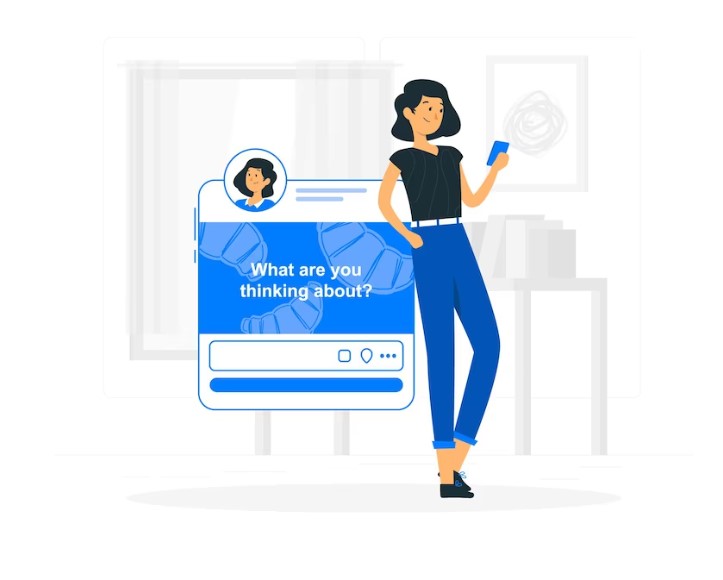
Reach out to the contacts you made during the conference. Send personalized follow-up emails or LinkedIn messages to express appreciation for the conversation and discuss a potential collaboration or further discussion. Nurture these connections and explore opportunities for future collaboration or knowledge-sharing.
4, Watch Out for Their Social Posts
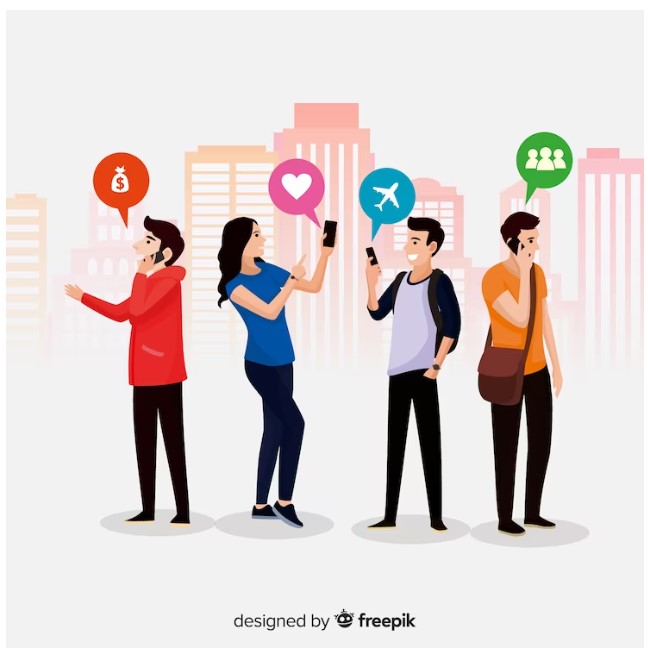
After attending your first conference, watching social media posts related to the event is a good idea. Monitoring social media posts lets you stay updated on conference news, highlights, and discussions even after the event ends. It can help you catch up on sessions or events you may have missed and gain insights from attendees’ perspectives.
Engage with fellow attendees, speakers, and organizers by commenting on their posts, sharing your insights, or asking questions. It can lead to further networking opportunities and knowledge exchange.
Reading through social media posts about the conference can serve as a reflective exercise. It can help you solidify your learnings, reinforce critical takeaways, and gain different perspectives on the topics discussed. It also prompts you to revisit your notes or dive deeper into specific subjects.
After attending the event, follow conference-related hashtags and accounts to stay updated. Engaging in these hashtags and accounts will help you remain on your toes.
5. Event Review Platform
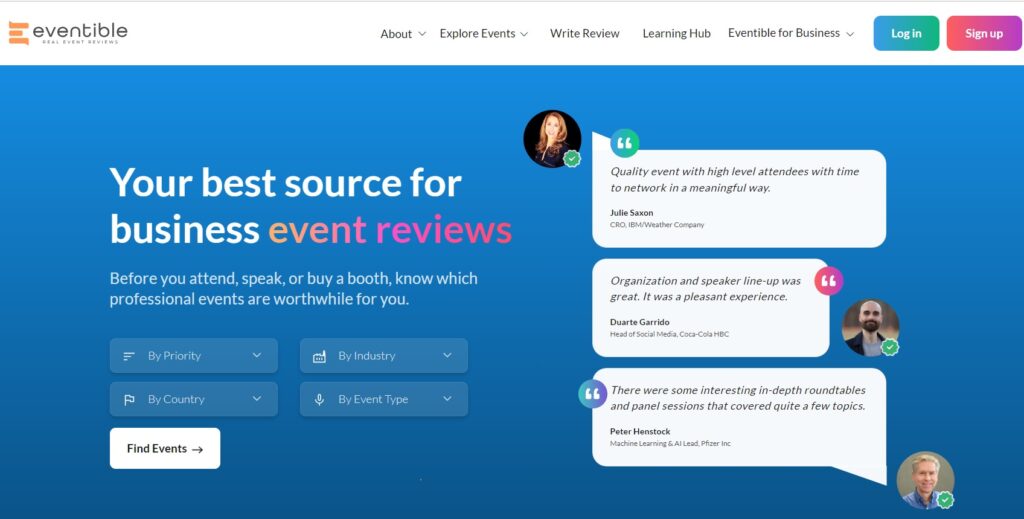
Eventible is a review platform where attendees can leave their feedback. It acts as social proof to event organizers and marketers, who can use the feedback to improve their events the following year. They can use the badges, audio, and written feedback and share it on their social media platforms to promote their events. We track the world’s largest pool of event attendees and professionals looking to attend or promote their next event. It makes us uniquely qualified to help your events, webinars & content assets find their intended audiences more consistently than any other channel. To learn more about this platform, visit our website.
Key Takeaway
Conferences are like hubs of industry experts, intellectuals, entrepreneurs, and professional opportunities. Although attending one for the first time may be overwhelming, we hope that after reading this article, those preparing to be first-time conference attendees feel more empowered.
Remember to be open-minded, curious, and willing to explore new ideas and perspectives while networking.
Review your notes, identify critical takeaways, and consider how to apply what you’ve learned in your professional life. Use the conference experience as a springboard for future learning and growth.


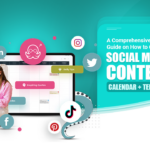

Comments are closed.